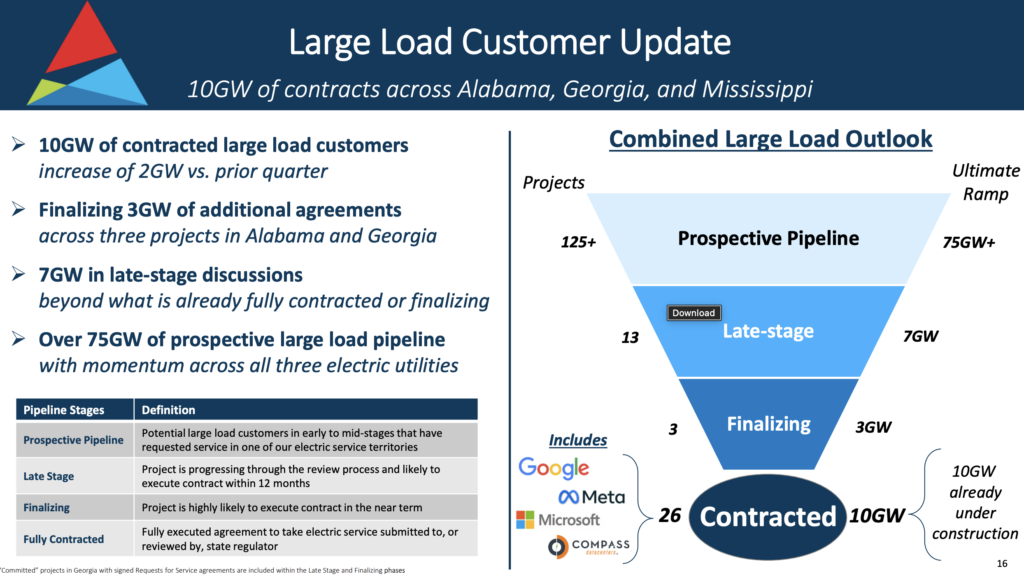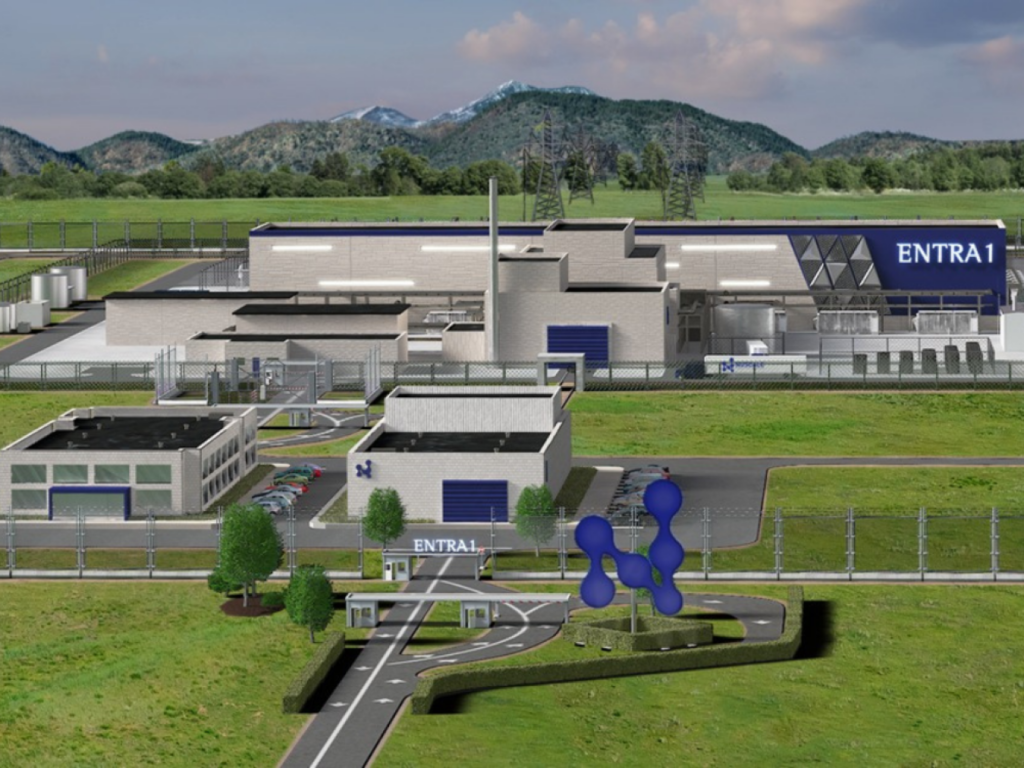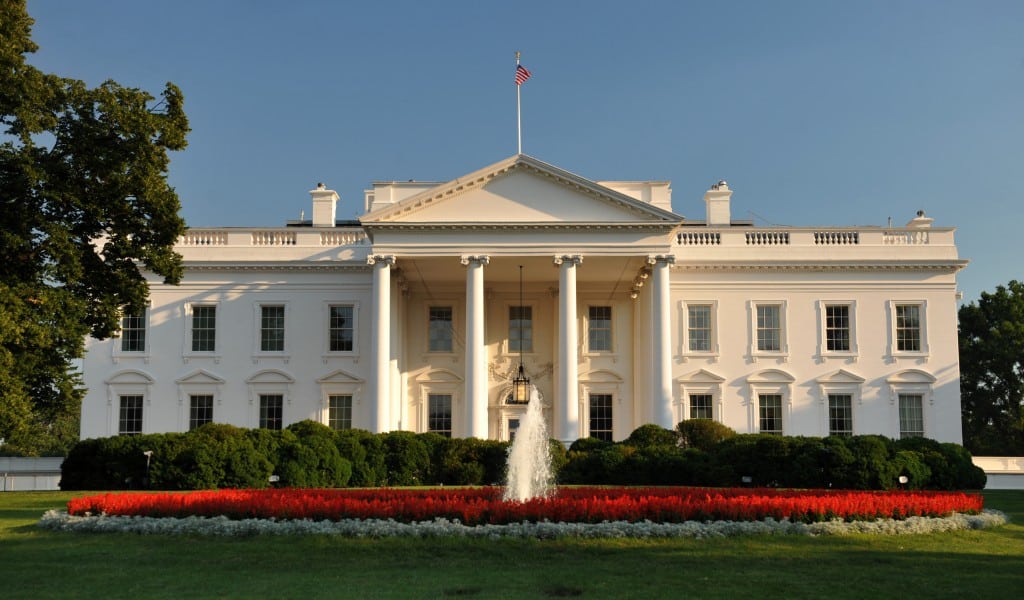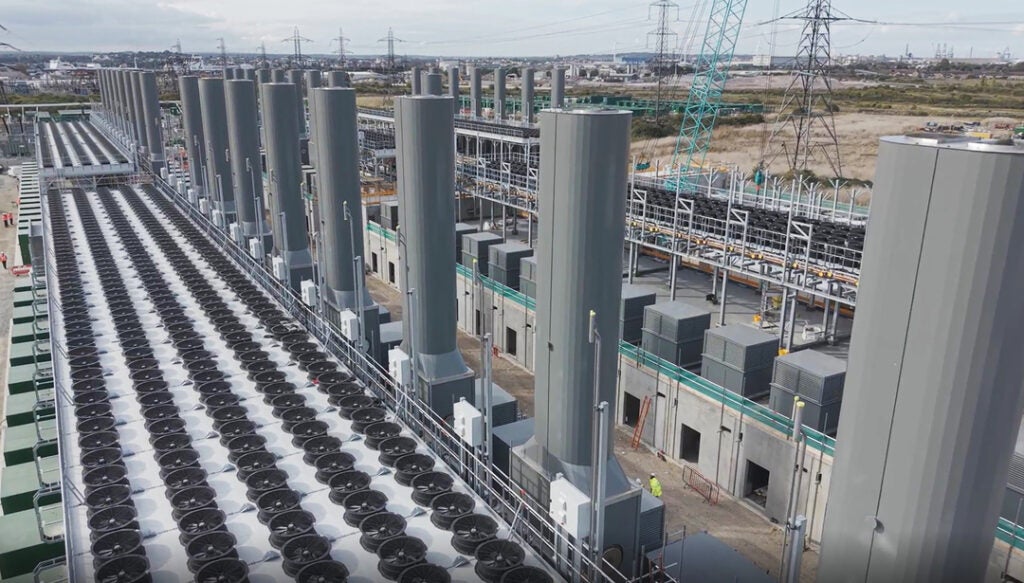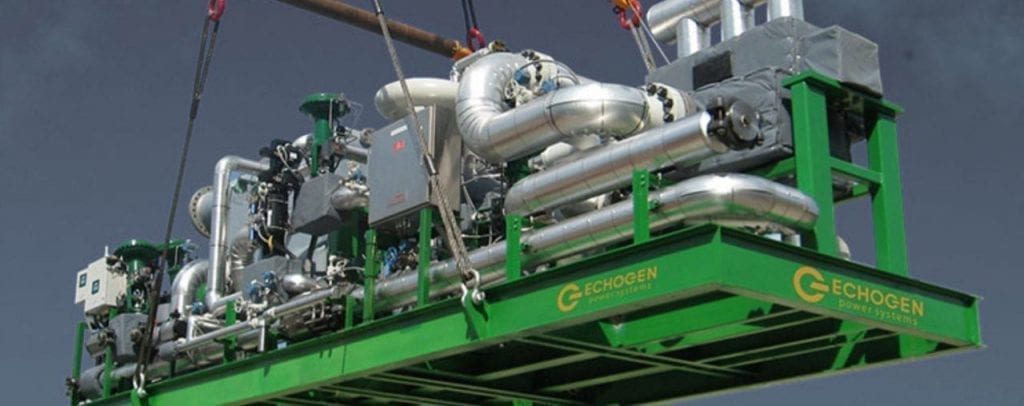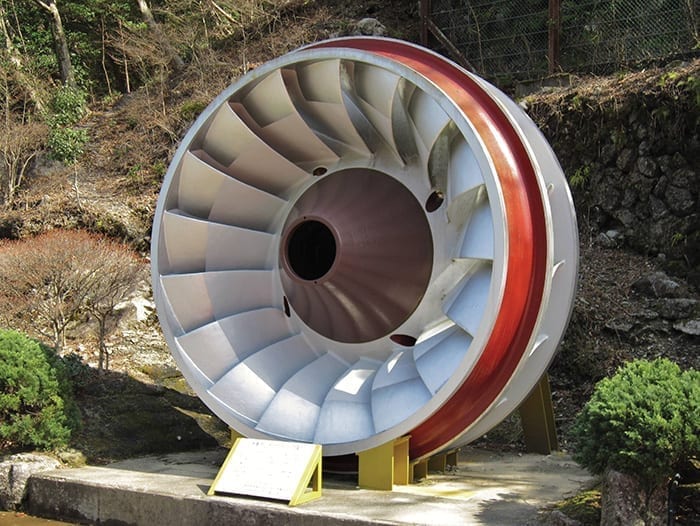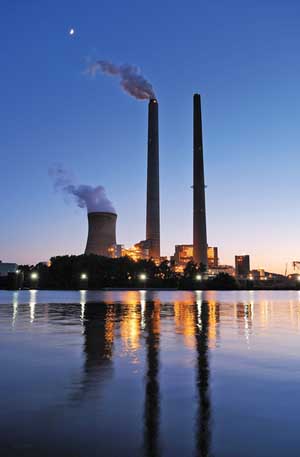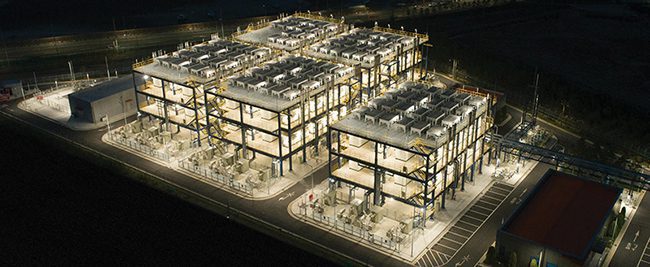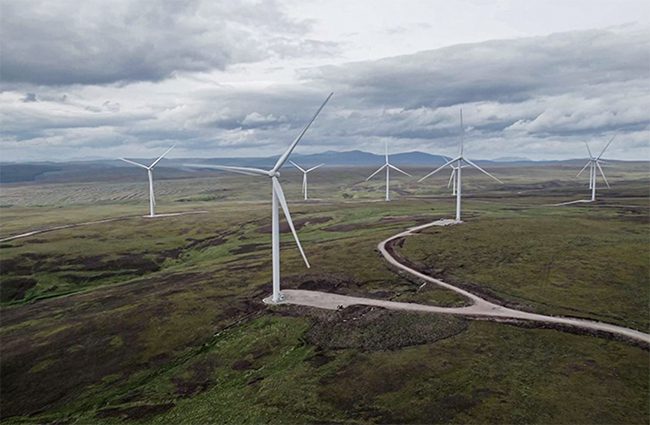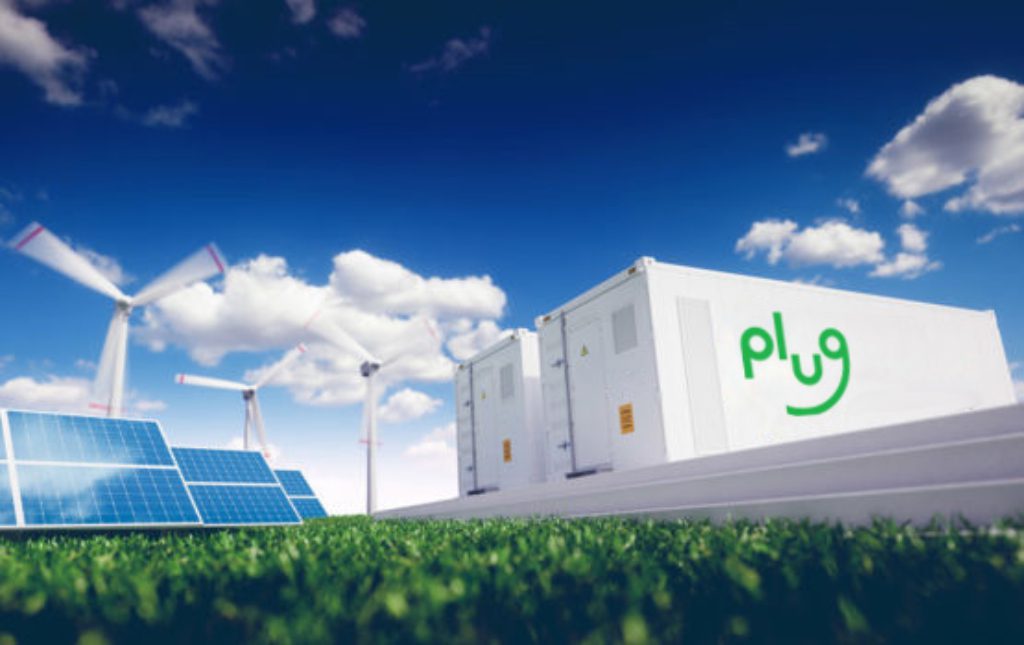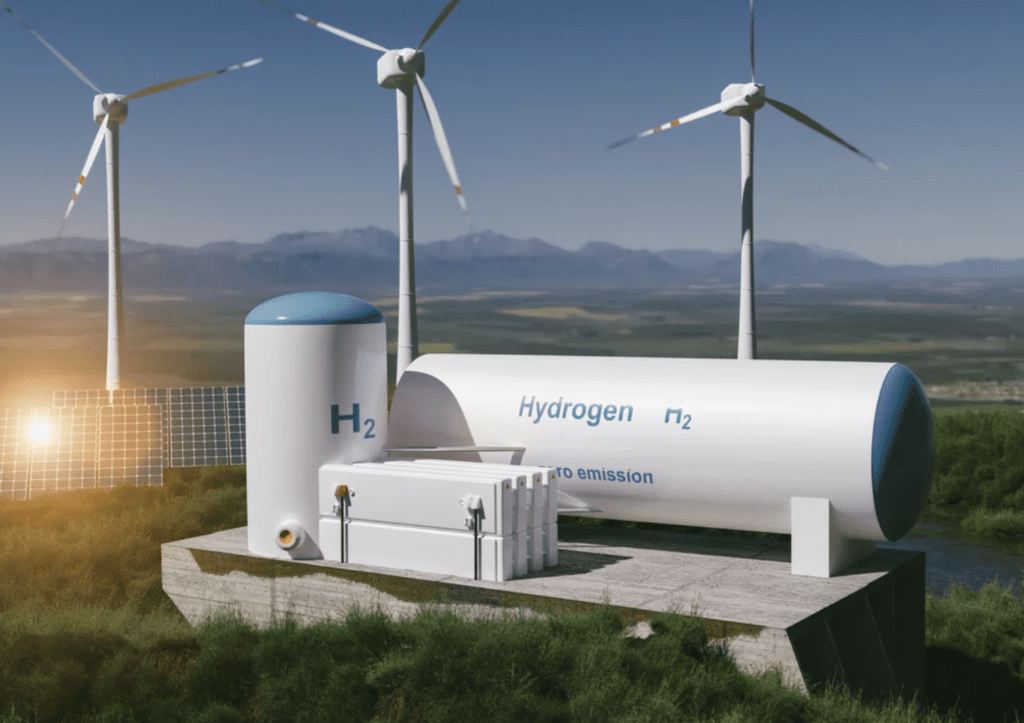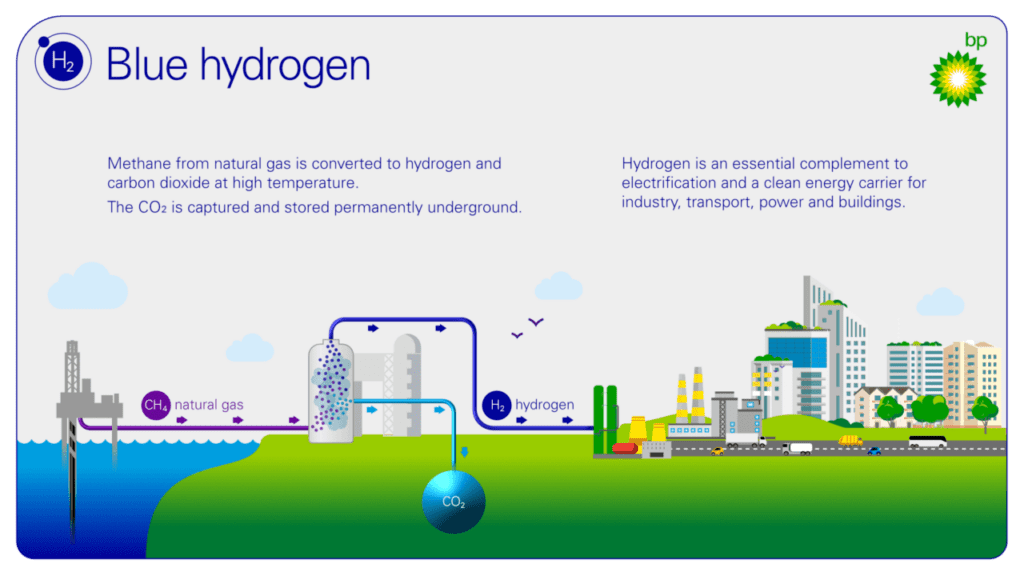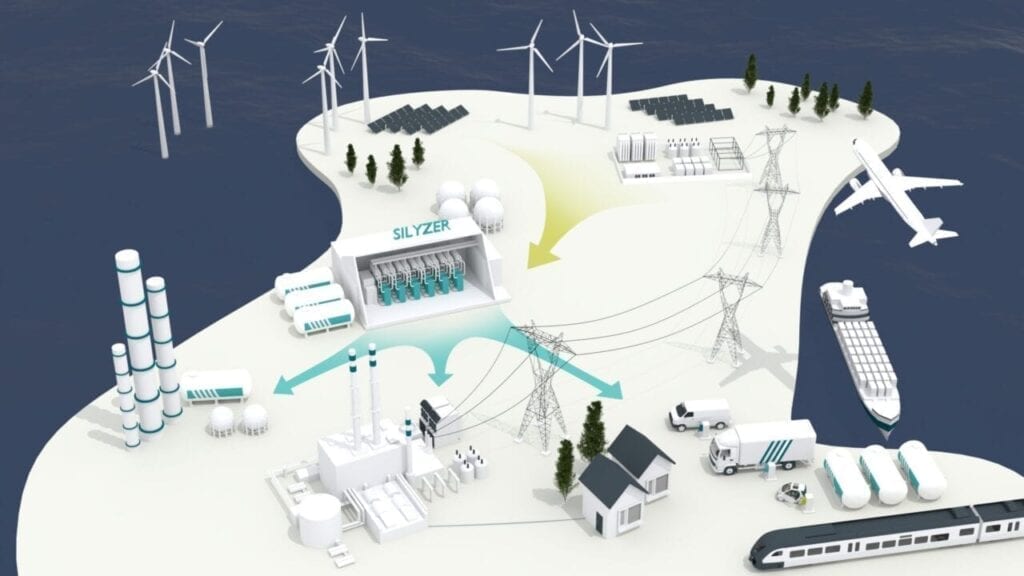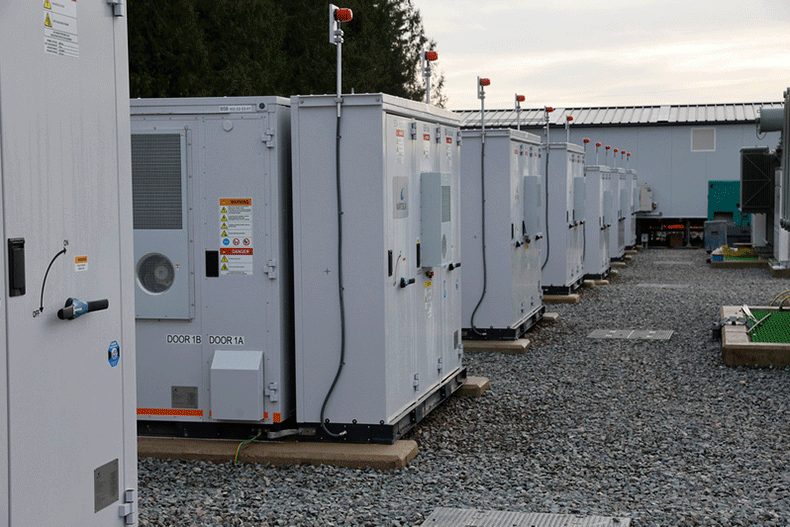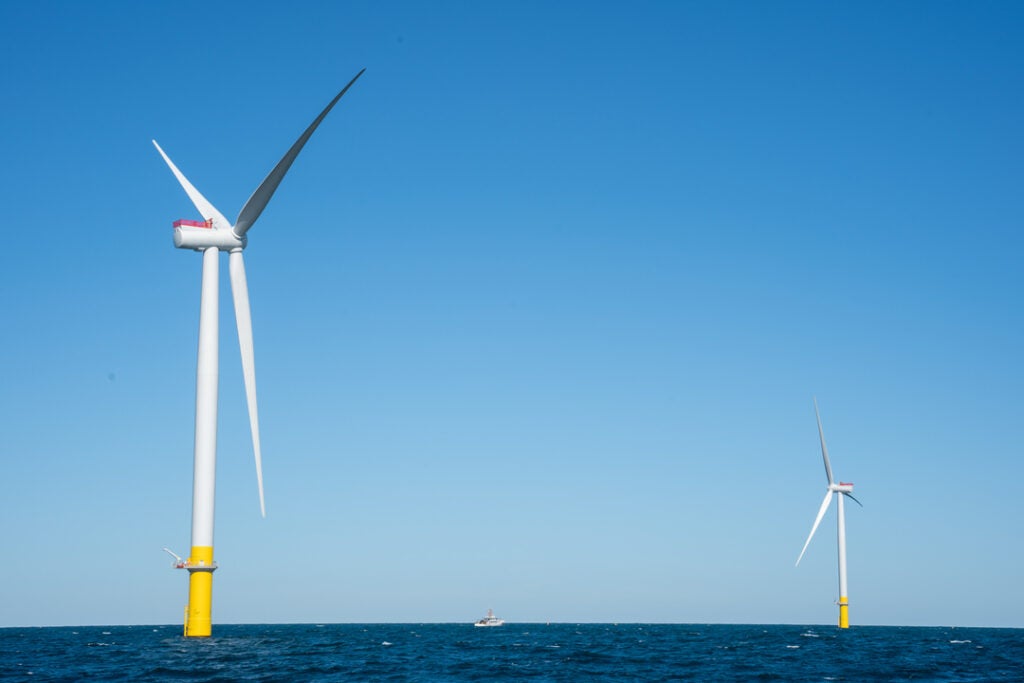Enegix Energy has confirmed it plans to build what the company said would be the world’s largest green hydrogen plant, a facility in northeast Brazil that could produce more than 600 million kilograms, or about 1.32 billion pounds, of the fuel per year. Enegix on March 1 said the hydrogen production would come as part of its contract for 3.4 GW of combined wind and solar power through a partnership with Enerwind, an Italian wind turbine manufacturer.
The project, being built in cooperation with the state government of Ceará, represents an investment of $5.4 billion, and is expected to take three or four years to build. Enegix on Monday said it would formally announce the project in a live-stream web event on March 4.
The Enegix project details come on the same day Siemens Energy said it would join with Utah-based Intermountain Power Agency to perform a conceptual design study on integrating a hydrogen energy storage system into an advanced-class combined cycle power plant in Utah. The facility is a longtime coal-fired station being transitioned to burn natural gas.
Enegix Develops Renewables
Enegix, a company with offices in Singapore and Australia that has developed renewable energy projects in several regions, is in the process of relocating its corporate headquarters to Switzerland. It said the Brazilian project, called Base One, “will provide a strategic location for Enegix’s renewable hydrogen production with direct access to all major international markets via ocean freight.”
“Our partnership with the Ceará State Government is a major milestone for the company,” said Wesley Cooke, founder and CEO of Enegix, in a statement. Cooke (Figure 1) last month signed a memorandum of understanding for the project with Ceará state governor Camilo Santana.
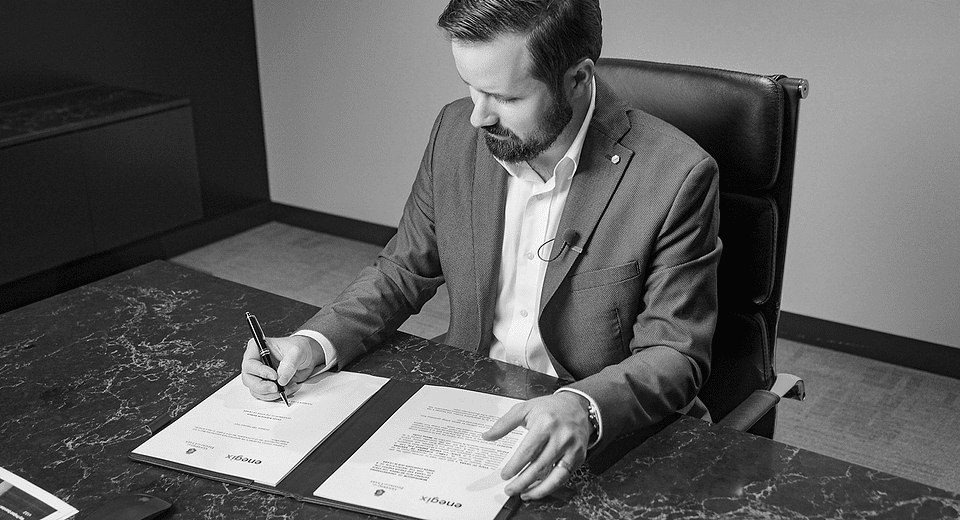
“Base One will turn Ceará into a major hydrogen export location and establish Enegix as a global renewable power producer aligning with our vision and strategy to replace expensive, high-emission power grids with renewable, baseload, and cost-effective zero-carbon grids,” said Cooke. “Through this partnership, we plan to create a new model of sustainable energy for the world’s fast-growing population while reducing dependency and cutting end-user costs on high carbon-emitting fuel sources like diesel.”
The company said it plans to site Base One in a 1,200-acre area near the Pecém Industrial and Port Complex, a deep sea port “with established infrastructure and access to the required quantities of water … to enable the electrolysis process to separate hydrogen and oxygen elements.” The company Monday said the project can connect with solar power, and both onshore and offshore wind, for renewable energy to promote hydrogen production.
“For us, hydrogen represents a version of the future we aspire to. A new way to power our lives without polluting and destroying what matters most, our home, the one we all share and must protect,” said Cooke. “It’s the catalyst for a new energy equality revolution that affords the chance to use this technology for good to address the plight of the billions of people without access to the basics; electricity, water and food who when left behind remain powerless to change their circumstances. A hydrogen economy is possible now, we must take the initiative and build it so that everyone can benefit from the universe’s most abundant element.”
Hydrogen Projects Abound
Announcements of hydrogen production projects have been numerous over the past several months, as companies and countries move to embrace cleaner power sources. Siemens and Air Liquide in February said the companies would work together to develop electrolysis and hydrogen technology.
A consortium of European companies last summer announced the world’s first demonstration of a fully integrated power-to-hydrogen-to-power project. A California company that produces renewable hydrogen announced in June 2020 that it had joined with a Louisiana construction group on a project to build a modular waste-to-hydrogen production facility.
—Darrell Proctor is associate editor for POWER (@POWERmagazine).


